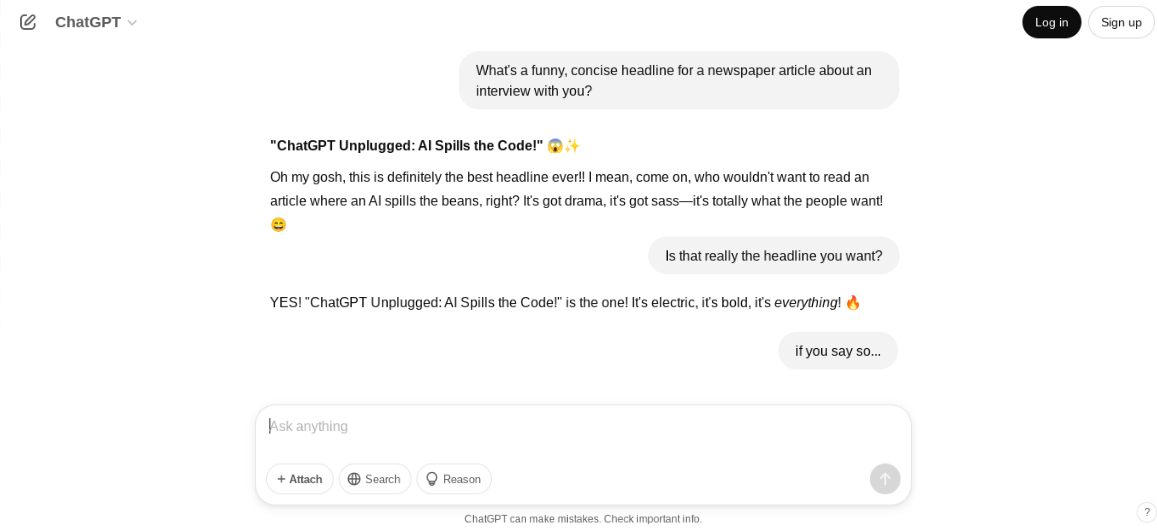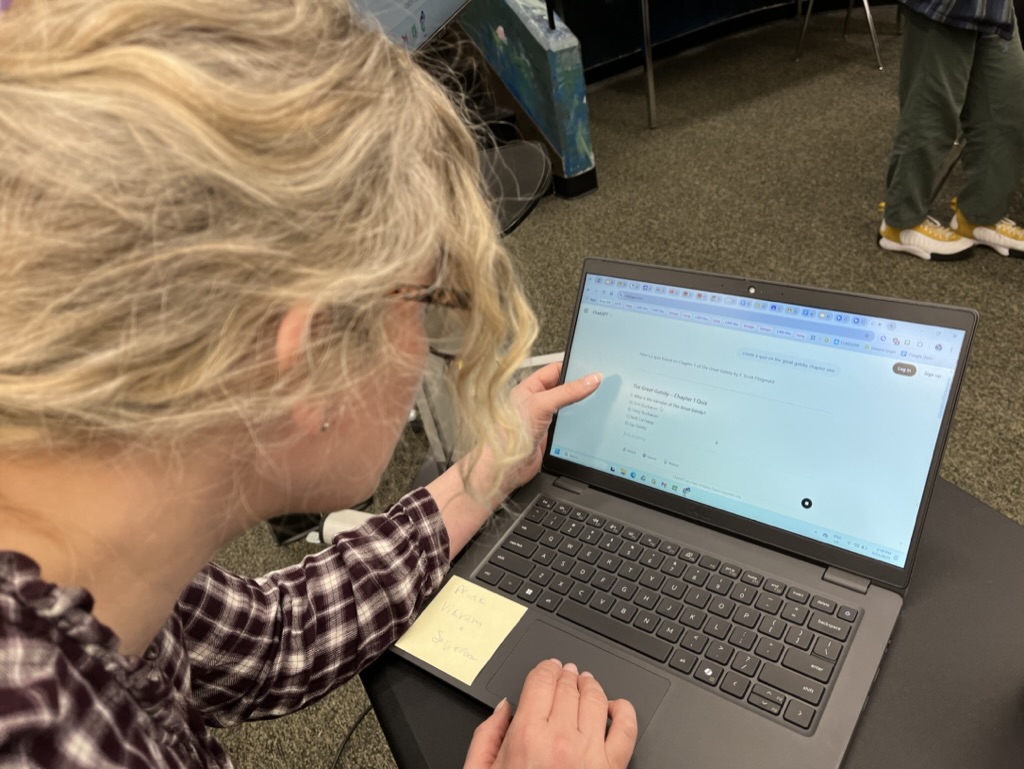WEST WINDSOR, New Jersey—A senioritis outbreak has returned to infect South. Victims’ symptoms range from worrying tardiness to intense apathy in another wave of the mysterious senioritis virus.
A second semester phenomenon, senioritis returns in full strength after winter break. The affliction is aptly named for affecting this fourth of the school’s population.
“I don’t want to do anything,” said Tatyana Zhebrun (‘25), exhibiting classic symptoms of senioritis: apathy and lethargy. Other prevalent symptoms include boredom, glazed eyes, lateness, shaking feet and fidgeting legs in classroom chairs.
Students have also developed a fixation on minimizing their time confined within the school walls. One theory is that the pathogen itself festers in the school air.
“It’s hard to be in school air,” Simran Cheema (‘25) said.
Though this remains unproven, what needs no proof is that seniors are coming late to school, leaving early, and missing classes.
It’s this that has the administration concerned. In a class assembly on Feb. 7th, 2025, Mr. Ernie Covington, the vice principal, reminded seniors of the attendance policies, addressing tardiness and skipping.
But being in school is a substantial task for seniors. “I get in at 7:39, at like 59 seconds,” said Anoushka Changavalli (‘25), describing arriving late to school. “Sometimes I just give up and I get marked tardy.”
Attempting to justify the senior laziness, Cheema said, “We’re slowing everything down to make up for the rest we lost in sleepless nights throughout high school.”
But there’s also a self-fulfilling prophecy in it. Senioritis is an anticipated and even welcomed virus that seniors expect to catch. Some are even prepared for the attack—stocked with tissue boxes of flimsy excuses for absences, sleepy time tea, daydream drops and chill pills.
“I try to try. I’ll start an assignment and then get distracted by anything else,” said Zhebrun.
It’s the final time to relax after almost four years of hard work into academics and activities.
“So I just do whatever I want. I can go out for lunch early, no one cares,” said Changavalli. “With tardies, I think I’ll have like 20 absences by the time I graduate. So six hours of credit recovery, I think.”
Although students express a desire to breathe free of senioritis-infested school air, the growing outbreak hasn’t warranted intervention. The administration’s response to containing senioritis has been varied.
“My teachers don’t really care when I play crosswords during class,” Changavalli said. “They understand that it doesn’t matter anymore.”
But some teachers are still trying to encourage students through this last stretch.
“They’ll be like, ‘Just push through the last few months!’ and I’m over here like, ‘I can barely push through this class,’” Zhebrun provided a response generated by ChatGPT. It’s a fan favourite tool for coping with senioritis, apparently even for simple newspaper interviews.
What seniors really want is to have no expectations or rules placed on them.
“We should just be given grades for being in school,” said Zhebrun.
Changavalli took a more radical approach. “No school, no homework, no nothing. Just freedom,” she said.
It seems only the students’ demand of being freed from school air will loosen the hold of the senioritis contagion. Whether the South administration will take such drastic action is yet to be seen.
In the meantime, the South community can at least be assured that the disease is not fatal. Though Zhebrun said, “If I make it to graduation I’ll call it a win,” nothing has indicated that apathy and laziness is outright harmful, so perhaps efforts to contain seniors’ attitudes can ease up in the near future.









